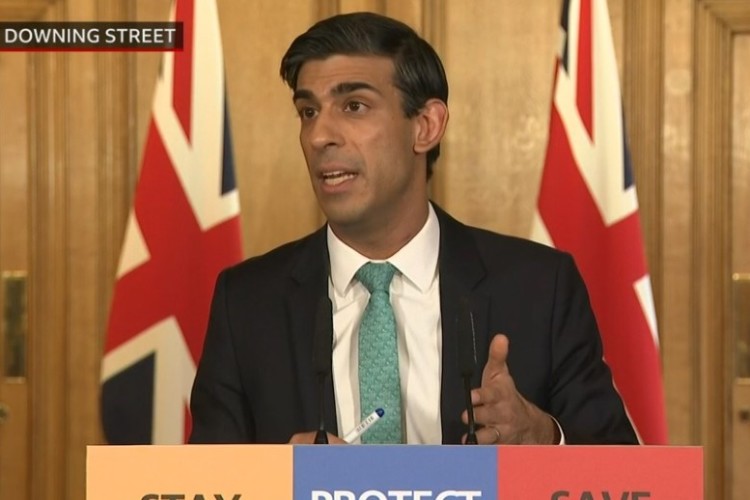Self-employed people unable to work due to government’s lockdown will be able to claim taxable grants of up to £2,500 per month. However, they will probably have to hang on until June, three months away, unless the government can set up its processes sooner.
Grants will be 80% of average monthly profits over the past three years’ tax returns, except for those with a trading profit of more than £50,000 a year.
The chancellor said that this brought parity with the coronavirus job retention scheme, announced last week, where the government pays up to £2,500 each month in wages of employed workers who are furloughed during the outbreak.
To minimise fraud, only those who are already in self-employment and meet the above conditions will be eligible to apply. HMRC will identify eligible taxpayers and contact them directly with guidance on how to apply.
Those who pay themselves a salary and dividends through their own company are not covered by the scheme but will be covered for their salary by the Coronavirus job retention scheme if they are operating PAYE schemes.
Builders representatives welcomed the news.
Richard Beresford, chief executive of the National Federation of Builders (NFB), said: “This hugely welcomed news will support millions of self-employed workers and delivers a message that the government really does believe we are all in this together.
“It was also positive to see the chancellor respond to our requests to ensure medium sized businesses can access the Covid corporate financing facility (CCFF). Some of our members were too large for the small business loan but too small to be investment grade rated.”

The NFB has itself also decided to suspend its direct debit membership payments for the next two months.
The Federation of Master Builders (FMB) was also quick to respond to the chancellor’s 26th March announcement. FMB chief executive Brian Berry said: “Construction workers across the country will now be taking a collective sigh of relief knowing they will now be protected in the same way that employees will be if they lose work due to Covid-19. I am delighted that the chancellor has heeded our calls to be generous with his offer to the self-employed, who make up almost 40% of those working in the construction industry. Building companies will now also be able to close sites to protect workers and public health without having to worry about the losses faced by self-employed workers on those sites. We now urge the Treasury and HMRC to ensure that all support packages are up and running as soon as physically possible.”
However, Nimesh Shah, a partner at tax advisory firm Blick Rothenberg, said that the scheme is not as generous as it first seems, and there are some slightly onerous requirements to navigate.
He said: “Firstly, the scheme is only available to those self-employed persons with average business profits up to £50,000, whereas the furloughed worker scheme had no such cap. Also, the scheme does not recognise the fact that many self-employed persons operate their business through a company; this is not necessarily for any tax reason but for limited liability protection.
“It was always going to be difficult for the chancellor to design a scheme for the self-employed because there are too many variables in play, and it appears that it was too difficult to consider those operating through a company. It’s also another sign that the government and HMRC do not favour self-employed persons using companies, and it follows the decision to delay the much criticised new IR35 rules.”
He added: “The chancellor proclaimed that the self-employed ‘have not been forgotten’ but a reasonable proportion will not eligible because of the conditions around the scheme.
“There was also a suggestion by the chancellor that the National Insurance (NIC) position for self-employed persons could be ‘levelled-up’ in the future by harmonising the NIC rates. Currently, a self-employed individual pays 3% less NIC on profits up to £50,000 compared to an employee (but they also have to pay Class 2 NIC which is £158.60 a year). Given that self-employed individuals have been granted an almost identical package of support to the employed worker (albeit with some restrictions), this could be the pre-cursor opportunity for the government to end the disparity in the two tax regimes, which it has been wanting to do for some time.”
Got a story? Email news@theconstructionindex.co.uk
.png)


